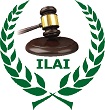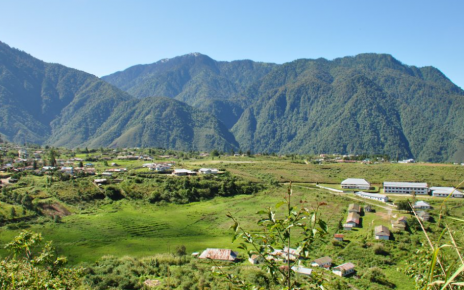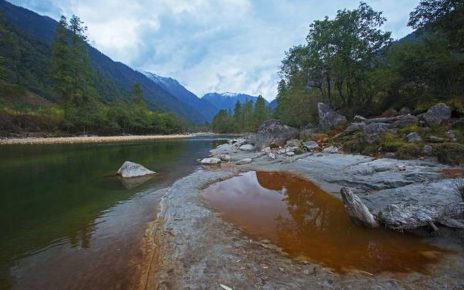The Sentinel
09 October 2020
The Bodoland Janajati Suraksha Mancha (BJSM) on Thursday lauded the Indigenous Lawyers’ Association of India (ILAI)
KOKRAJHAR: The Bodoland Janajati Suraksha Mancha (BJSM) on Thursday lauded the Indigenous Lawyers’ Association of India (ILAI) for objecting to the move of the Central and State governments to grant ST status to the six communities of Assam, destroying the constitutional rights of the existing original Scheduled Tribes of Assam. The president of the BJSM, Janaklal Basumatary, in a statement, said that the Union Home Ministry wrote to the Assam Government to distribute ST quota to these six communities turned 41 communities without harming the interest of the existing ST communities of Assam.
He said that the Government of Assam had entrusted the matter to the Group of Ministers (GoM) headed by State Finance Minister Dr. Himanta Biswa Sarma to decide and report to the Union Home Ministry for finalization of pending bill for Constitution ST Amendment Bill, 2019. The group of ministers proposed to transfer the OBC quota of reservation to ST quota for these 41 communities and by doing this, they want to justify that they were not harming the existing 10 per cent ST (Plains) quota and thus not harming the interest of existing ST (P) of Assam. But this was not justified reasoning, he said, adding that the granting of ST status to these populous and advanced communities was harmful for the existing socially weaker ST communities of the plains Assam, no matter from where they transfer the reservation quota.
Basumatary said the proposed transfer from OBC quota was illegal as there was no provision to do so. He said the proposed 41 communities were already enjoying constitutional benefits under OBC category recommended by separate backward class commission. “They cannot justify why these communities want to shift from OBC category benefit to ST category benefit, being most populous and advanced communities. OBC communities are eyeing to grab more benefits in land rights and political rights from the existing weaker section of ST communities of Assam,” he said.
Moreover, the Assam Government cannot recommend the 36 tea workers communities as they did not belong to communities of Assam, but were migrant tea workers from various other States of India, he said, adding that the State Government could recommend ST status only to a community belonging to the State or part of the State under Article 342(1) (2) of the Constitution of India. He said that Koch Rajbongshis were not the same ethnic community as ‘Koch’ and ‘Rajbongshi’ were separate ethnic groups, separately recognized as Scheduled Caste in West Bengal. “In Meghalaya, Koch is recognized ST as Tibbeto Burman speakers, Rajbongshis are general caste as there is no SC or OBC in Meghalaya. In Assam, originally they were listed as OBC separately,” he said, adding that the Rajbongshis started writing ‘Koch Rajbongshi’ only when they started demanding ST status in Assam sometime in the 1980s. He said the Backward Commission allowed them to write Koch Rajbongshi only in 2011 and placed them in Sl. no18 of OBC list as Koch or Rajbongshi. Since Koch and Rajbongshi are separate castes, there cannot be an ethnic community as Koch Rajbongshi and the State Government cannot recommend ST benefit for persons a community which was not under Article 342(2) (2) of the Constitution of India, he said.
The tribal leader said that Tai Ahom, Chutia, Moran and Matak were also intermixed communities and not a single ethnic community. So the government cannot recommend these communities also under Article 342(1) (2) of the Constitution as found by RGI in the last examination of the six communities in 2006. “We have written to the Prime Minister to review it and Prime Minister has sent down it to the Chief Minister of Assam and the Chief Minister has sent it to the Group of Ministers to review it. The Group of Ministers will not be able to justify the distribution of quota without justifying this review petition,” said Basumatary.



